D-1 College football players should be paid

Ohio State quarterback Cardale Jones is just one college athlete who could cash-in on his collegiate success. In this photo he runs around a block by teammate Corey Smith during the first quarter against Alabama in the Allstate Sugar Bowl and College Football Playoff Semifinal on Thursday, Jan. 1, 2015 at Mercedes-Benz Superdome in New Orleans. (Phil Masturzo/Akron Beacon Journal/TNS)
April 16, 2015
Division I College football players dedicate most of their college lives to football, and what do they get in return? Headaches and an incomplete education.
These athletes should be paid for their extensive work and dedication they put into the sport, and also because they generate such a large income for the NCAA.
On average, 43.3 hours a week are devoted to playing football…the average American works 3.3 hours less than that, according to Forbes.com. The average American worker also earns $60,528 for those hours, and all the players get is blood, sweat, and tears.
Varsity quarterback Mario Monastero knows how hard it is to balance sports and school. Monastero said, “I’m only in high school and schoolwork can sometimes be a little overwhelming after practice, but I can only imagine how hard it is for college players.
Because such a large amount of time is spent on the field, it is difficult for these athletes to focus on their school work. Also, athletes will sometimes miss classes due to a game. For example, Ohio State and Oregon players missed classes for the championship game.
Not only do football players spend less time in the classroom than their non- athlete counterparts, but they earn .25 points lower in their GPA. This is because they do not have as much time to study and their focus lies outside of class and given that a large majority of college football players are not talented enough to continue playing at the professional level, and the lack of learning in school could potentially harm their careers outside of football.
Not only does the NCAA take away hours a day from athletes from games and practices, but they bring in annual revenue of $11 billion, according to New York Times and this money is not all put back into the school systems either; but instead, it’s given to the coaches, athletic directors, and administrators, who are all well overpaid. In 2013, the average salary for a BCS bowl eligible coach is $2.05 million, and that’s just the average. Alabama coach Nick Saben is paid over $7 million a year.
Playing football at a college level also presents a huge health risk to players, due to massive hits from the nation’s elite players. D-1 athletes that had multiple concussions while playing football, developed brain injuries later in life. Not only does this negatively influence ones ability to enjoy life, but it affects ones ability to perform work.
If someone’s ability do work is restricted because of injuries obtained from college football, then it will make it much harder to find a solid job. This shows another reason why the NCAA should pay their players, because they should be at least somewhat compensated for the money they will lose due to inability to work.
Although I believe that D-1 college football players should be paid, I don’t believe that all players should be paid equally. The paying system should work similar to how the NFL pays their players… the better the athlete, the larger the contract. Also, the players should sign a contract for how long they will be at the college, so the coaches are able to plan ahead of time for the lose of their players.
Paying college football players will provide many benefits for both the players and colleges. Along with getting paid, the players will get a more quality education because they will be at the school longer. A benefit for the colleges is that players will stay on the team longer, allowing the coaches and staff to building more stable teams over a long period of time and that is why Division 1 college football players deserve to be paid.





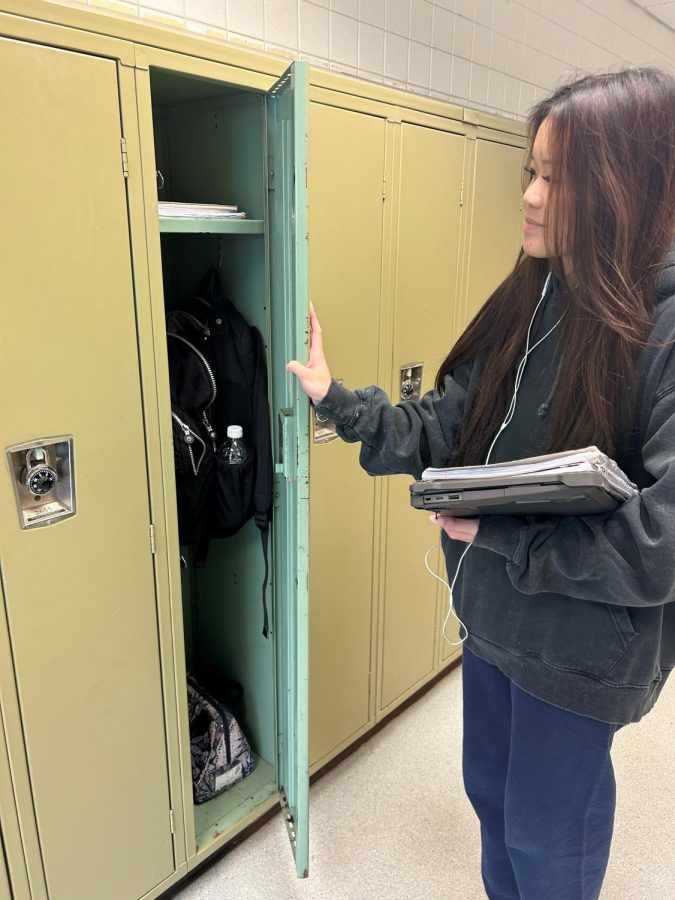

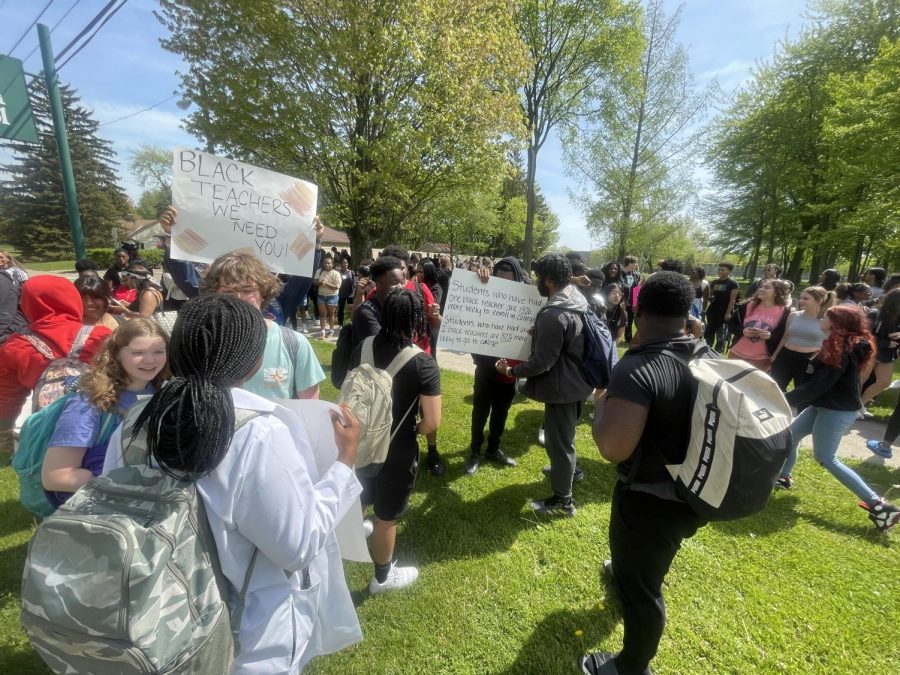

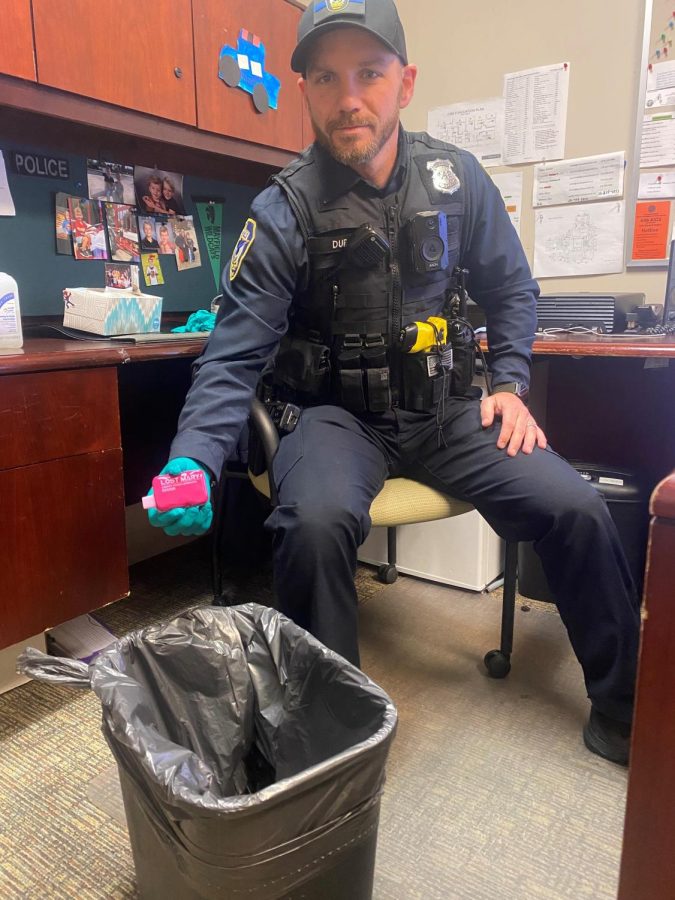
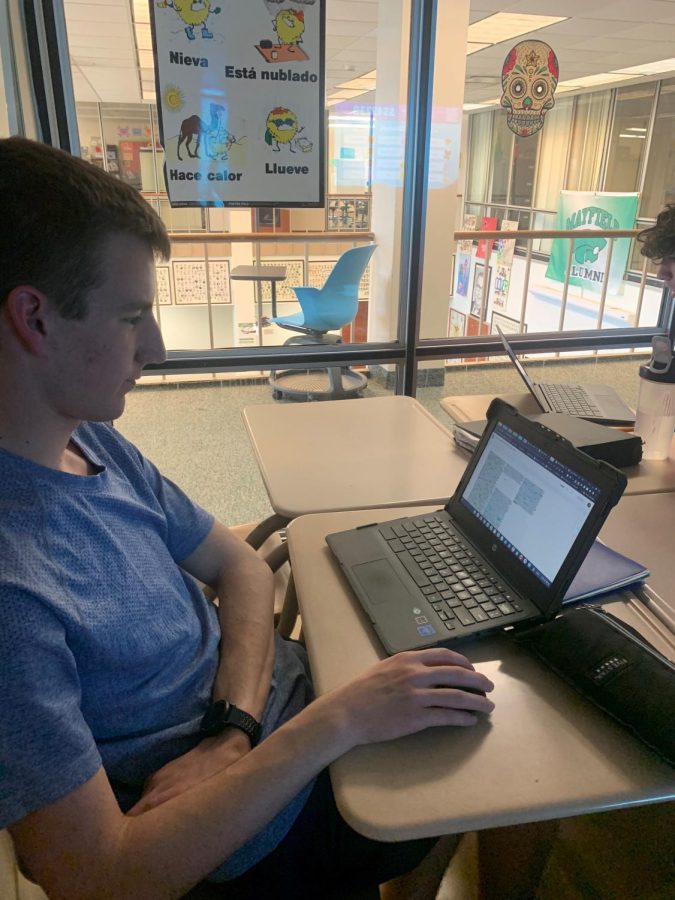




![Russian president Vladimir Putin took action to invade Ukraine on Feb. 24. According to the PBS Frontline episode Putins Revenge, Putin is obsessed with his image and how he and his countrys actions are portrayed. The Atlantics Julia Ioffe said, [Putin] watches tapes of the evening news over and over and over again to see how he’s portrayed, to see how he looks.](https://pawprintnews.org/wp-content/uploads/2022/04/putin-5277284_1920-900x596.jpg)








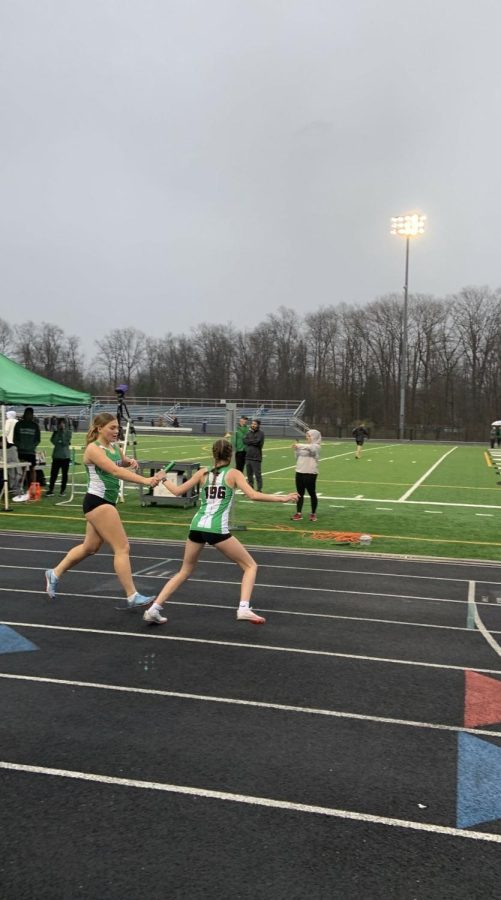



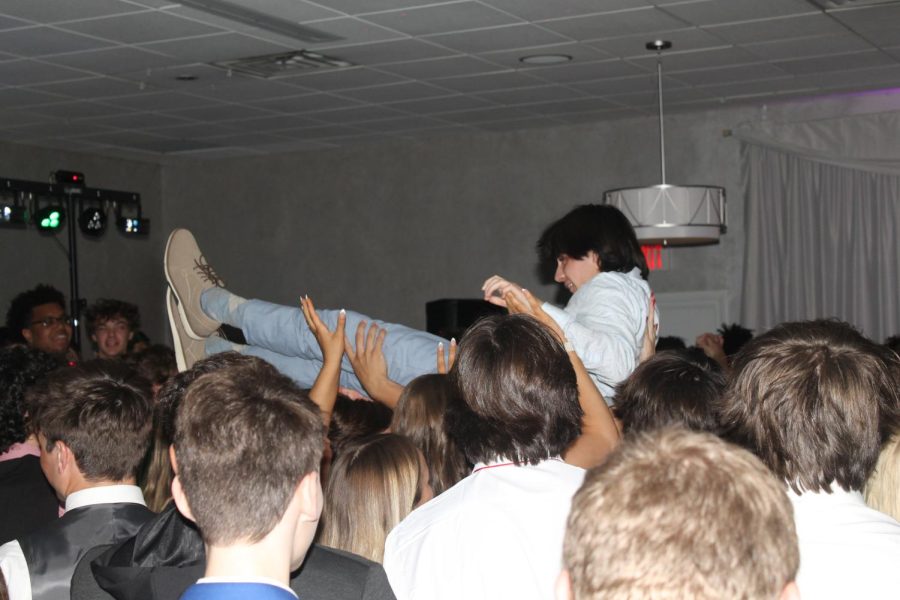



























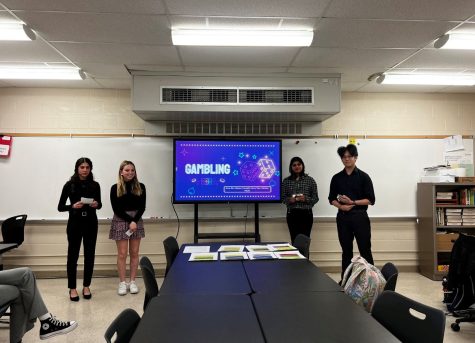


![Russian president Vladimir Putin took action to invade Ukraine on Feb. 24. According to the PBS Frontline episode Putins Revenge, Putin is obsessed with his image and how he and his countrys actions are portrayed. The Atlantics Julia Ioffe said, [Putin] watches tapes of the evening news over and over and over again to see how he’s portrayed, to see how he looks.](https://pawprintnews.org/wp-content/uploads/2022/04/putin-5277284_1920-475x315.jpg)




